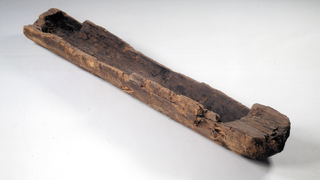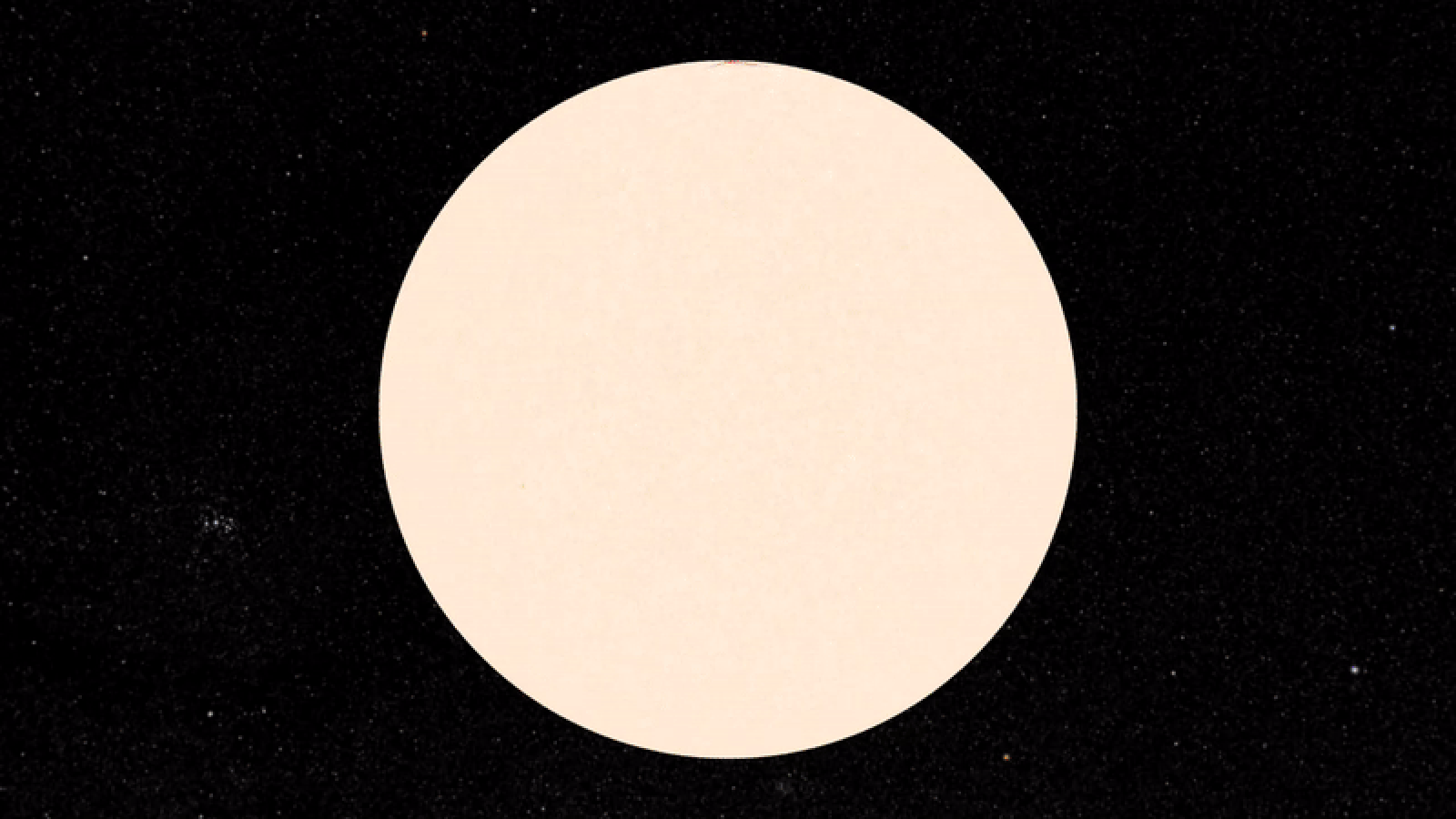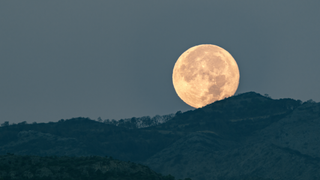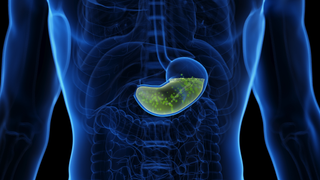Life's Little Mysteries: Science questions, answered

The world can be a pretty mysterious place and we at Live Science love to ask and answer scientific questions about mysteries big and small: about ancient civilizations, our planet and our solar system, the plants and animals that live alongside us, our bodies and how they work, and the technologies that we use every day.
Join us on this exciting voyage of discovery and downright weirdness as we solve … Life's Little Mysteries.
Sign up for our weekly Life's Little Mysteries newsletter to get the latest mysteries before they appear online.
Latest about Life's Little Mysteries

Did ancient Greeks let women compete in the Olympics?
By Owen Jarus published
The ancient Olympic games were crowded with male athletes, but were there opportunities for females to compete in sports?

Why do kids eat their boogers?
By Emma Bryce published
There may be something more than just a bad habit behind this behavior.

When were boats invented?
By Jesse Steinmetz published
The oldest physical boat is a canoe from roughly 10,000 years ago, but evidence suggests humans have been using watercraft for at least 50,000 years.

How long does it take the sun to rotate?
By Ashley P. Taylor published
The time it takes for the sun to completely rotate depends where on the sun you are measuring.

Why does the moon look larger when it's on the horizon?
By Alice Sun published
The moon looks enormous when it's near the horizon — why is that?

Why don't you usually see your nose?
By Ashley Hamer published
Our nose is right in front of us. So why don't we normally notice it?

Could there ever be a worldwide internet outage?
By Abby Wilson published
We've all dealt with bad internet connections. But could the entire internet ever collapse?

How much of your body could you lose — and still survive?
By Lauren Schneider published
Five vital organs are essential for life, but survival is more medically complex.
Get the world’s most fascinating discoveries delivered straight to your inbox.
 Live Science Plus
Live Science Plus












